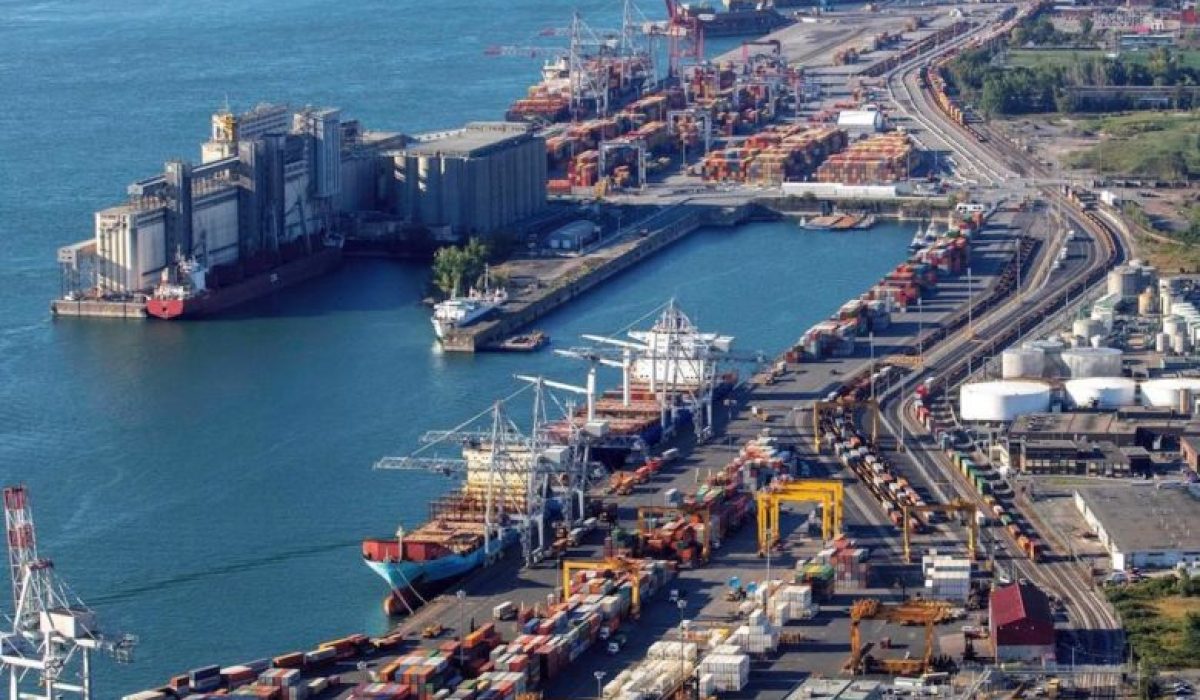Quaysides across North America’s east coast have been simmering with protests all year. While this hit a crescendo last week with a three-day strike across America’s east and Gulf coasts, north of the border the industrial impasse continues.
Dockworkers at Montreal, Canada’s largest eastern port, had a three-day strike last week too, and have announced that effective from today they will stop all overtime work indefinitely as contract negotiations between the union and management continue to stall.
Michel Murray, a spokesperson for the union local affiliated with the Canadian Union of Public Employees, stated, “We’re ready to negotiate intensively, but since the employer is dragging its feet, we’re putting a little pressure on it to devote its energies to finding a solution.”
Last week’s historic port strike across America’s eastern seaboard has been put on hold until a new president occupies the White House in the new year. Union bosses, however, remain adamant that their demands must be met or further industrial action will be inevitable in 2025.
The International Longshoremen’s Association (ILA) announced last Thursday night that the union had reached an agreement with the United States Maritime Alliance (USMX) on wages, suspending their walkout until January. Work resumed at the 36 ports involved straight away.
Both sides said in a statement they would return to the bargaining table to negotiate all outstanding issues while their existing contract would be extended through to January 15.
The hierarchy at the ILA hailed in a release over the weekend the “unprecedented” 61.5% wage increase spread over six years.
However, union bosses reiterated their determination to make sure that their labour contract contains commitments not to automate operations.
“The fight against automation is not just about job preservation; it is about ensuring that ILA members continue to play an essential role in port operations,” an ILA release stated, adding: “By extending negotiations, we aim to establish strong protections against the introduction of remote-controlled or fully automated machinery that threatens our work jurisdiction.”


